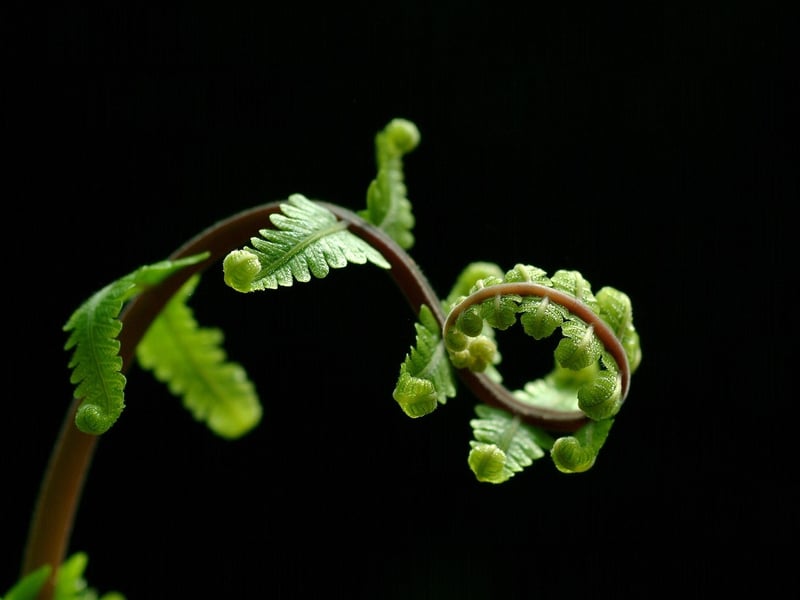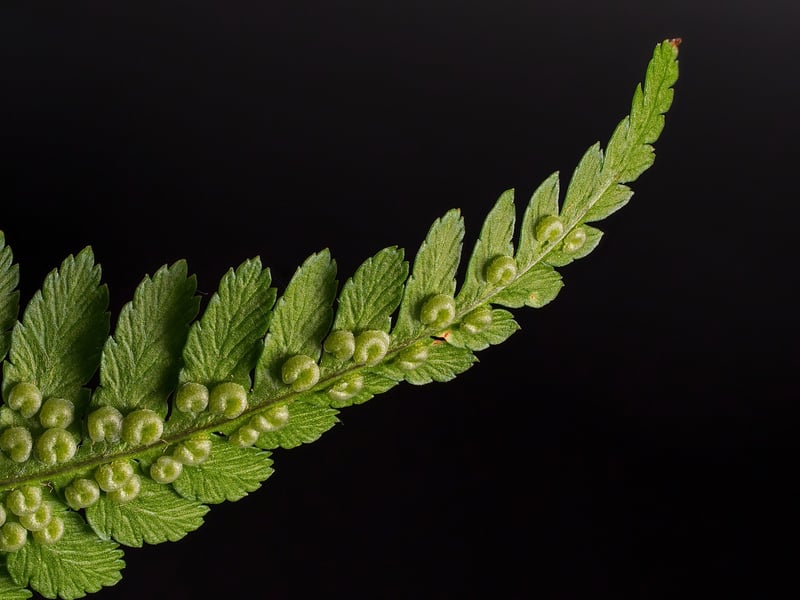Ferns
#Flowering Plants
#Greenery Varieties
#Houseplant Species
Diverse Plant Species and Their Characteristics
Ferns
Ferns are a fascinating group of plants that belong to the division Pteridophyta. They are known for their feather-like leaves called fronds and their unique reproductive structures called spores.
Characteristics of Ferns:
- Fronds: Ferns have large, compound leaves known as fronds. These fronds can vary in shape and size, ranging from simple to highly divided.
- Spores: Unlike flowering plants that reproduce through seeds, ferns reproduce via spores. Spores are produced in structures called sporangia, typically found on the underside of the fronds.
- Rhizomes: Ferns have underground stems called rhizomes, which help in the spread of the plant and absorption of nutrients from the soil.
- Life Cycle: The life cycle of ferns involves alternating generations between the sporophyte (the familiar fern plant) and the gametophyte (a small, often inconspicuous plant body).
Types of Ferns:
There are thousands of species of ferns, each with its unique characteristics. Some common types of ferns include:
- Maidenhair Fern (Adiantum): Known for its delicate, fan-shaped fronds and its preference for moist, shady environments.
- Boston Fern (Nephrolepis exaltata): Popular as a houseplant, with long, arching fronds and a feathery appearance.
- Bracken Fern (Pteridium aquilinum): A large fern species found in a variety of habitats, known for its triangular fronds and aggressive growth.
Uses of Ferns:
Ferns have both ornamental and practical uses:
- Ornamental Purposes: Many fern species are grown for their aesthetic appeal and are popular choices for indoor and outdoor landscaping.
- Medicinal Purposes: Some ferns have medicinal properties and are used in traditional herbal remedies.
- Environmental Indicators: Ferns can indicate the health of an ecosystem as some species are sensitive to pollution and changes in the environment.
Overall, ferns are a diverse and intriguing group of plants that play important roles in ecosystems worldwide.

Image source: Pixabay
